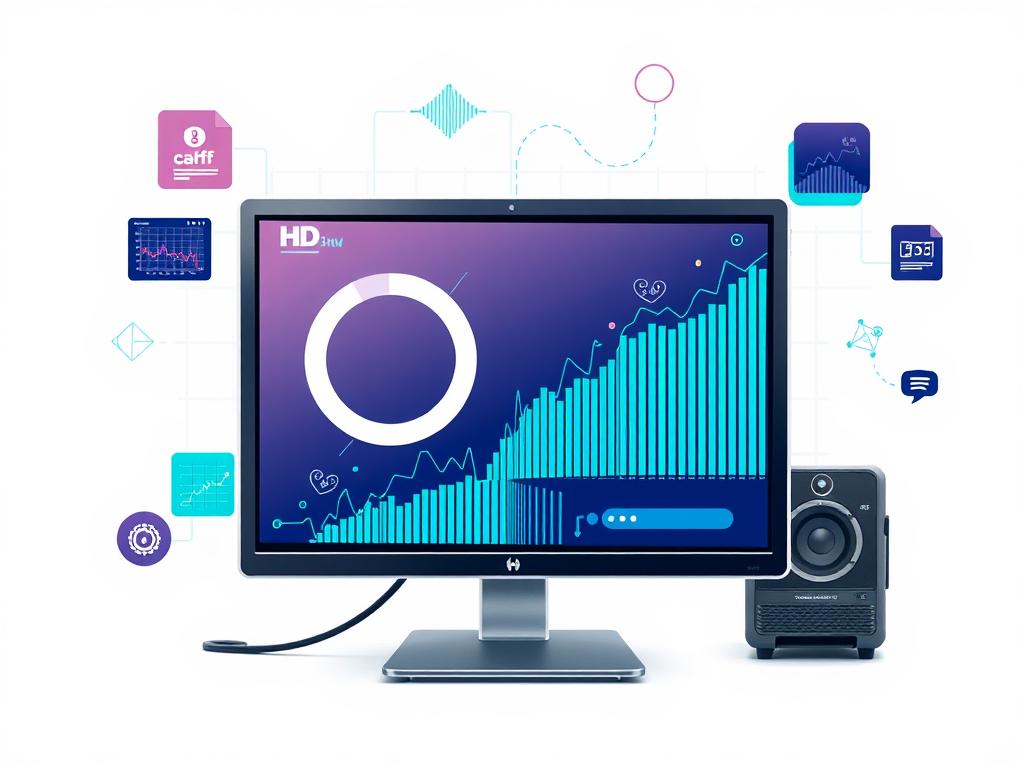5G Technology and Its Technical Benefits for Gaming
The 5G gaming benefits are primarily grounded in its promise of low latency and high-speed networks, transforming how players interact with games. Low latency, often below 20 milliseconds, means commands register almost instantly, resulting in seamless, lag-free gameplay. This is particularly crucial for fast-paced multiplayer games, where even fractions of a second can influence outcomes.
Furthermore, 5G’s enhanced mobile connectivity ensures that these benefits are not limited to fixed internet connections. Mobile gamers experience more stable connections even in traditionally challenging areas, enabling uninterrupted gaming on the go. This improves the overall player experience by reducing frustrating disconnections and lag spikes common with older networks.
Also read : How indie game developers are shaping the uk’s gaming industry
Cloud gaming services reap significant rewards from 5G, as the technology supports the real-time streaming of high-quality game graphics without requiring powerful local hardware. The combination of rapid speeds and low latency allows games to be rendered on servers and streamed live, making 5G gaming benefits tangible. This technological leap is shifting gaming from a stationary experience to a truly mobile and versatile one, broadening accessibility and engagement.
5G’s Early Impact on the UK Gaming Industry
Exploring how 5G reshapes gaming trends in the UK
Have you seen this : Exploring the evolution of diversity in video game representation: what lies ahead?
The UK 5G rollout has accelerated mobile gaming UK experiences by delivering robust, low latency connections and consistent high-speed networks. Recent data reveals that over 60% of urban areas now have 5G coverage, enabling more gamers to enjoy seamless online gaming without interruption. This enhancement has profoundly influenced online gaming trends UK, with a noticeable surge in multiplayer participation and mobile gaming downloads.
Widespread 5G availability has shifted market dynamics, encouraging developers and publishers to focus on mobile gaming UK audiences. Players increasingly rely on 5G’s ability to handle high data throughput, especially during peak hours, improving overall player experience. The introduction of 5G has also spurred interest in cloud gaming platforms, which benefit from faster response times and reduced lag, making immersive and competitive gameplay more accessible nationwide.
These industry shifts underscore the rapid evolution driven by 5G. As UK gamers experience more stable connections and richer content, the market is adapting to consumer demands shaped by real-time interactions and enhanced mobile connectivity.
5G Technology and Its Technical Benefits for Gaming
The core 5G gaming benefits stem from its ability to deliver high-speed networks paired with remarkably low latency. Games respond almost instantaneously, eliminating delays that can disrupt gameplay flow. For example, competitive shooters and real-time strategy games gain precision and consistency, enhancing player control and reaction times.
Beyond speed, 5G’s improved mobile connectivity ensures gamers stay linked even while moving or in previously underserved areas. This stability reduces frustrating drops and lag spikes common on older networks, boosting player satisfaction. More importantly, the combination of fast data transfer and low latency enables cloud gaming platforms to function smoothly. Games run on powerful servers and stream in real-time, letting players enjoy high-quality graphics without needing expensive hardware.
In summary, 5G transforms gaming by making interaction seamless, mobile, and data-heavy. It opens new possibilities not just for multiplayer responsiveness but also for mobile gamers seeking uninterrupted sessions on wireless networks, marking a significant step forward in gaming technology.
5G Technology and Its Technical Benefits for Gaming
The most transformative 5G gaming benefits relate to its ability to drastically reduce latency while delivering high-speed networks. Low latency—often under 20 milliseconds—ensures that player inputs are registered almost instantaneously. This real-time responsiveness is critical for competitive games, where milliseconds can impact player performance. Moreover, high-speed networks support rapid data transfers that improve loading times and streaming quality, contributing to a smoother gameplay experience.
Enhanced mobile connectivity under 5G also plays a crucial role. Unlike previous generations, 5G maintains strong, stable connections even when players are on the move or in densely populated areas. This means fewer interruptions and lag spikes, which are common frustrations for mobile gamers. For example, cloud gaming platforms exploit 5G’s speed and stability to stream high-fidelity graphics in real time without needing expensive hardware locally.
Together, low latency, high-speed networks, and improved mobile connectivity unlock new possibilities for gaming: seamless multiplayer battles, fluid game streaming, and reliable mobile play, all central to the evolving gaming landscape.










